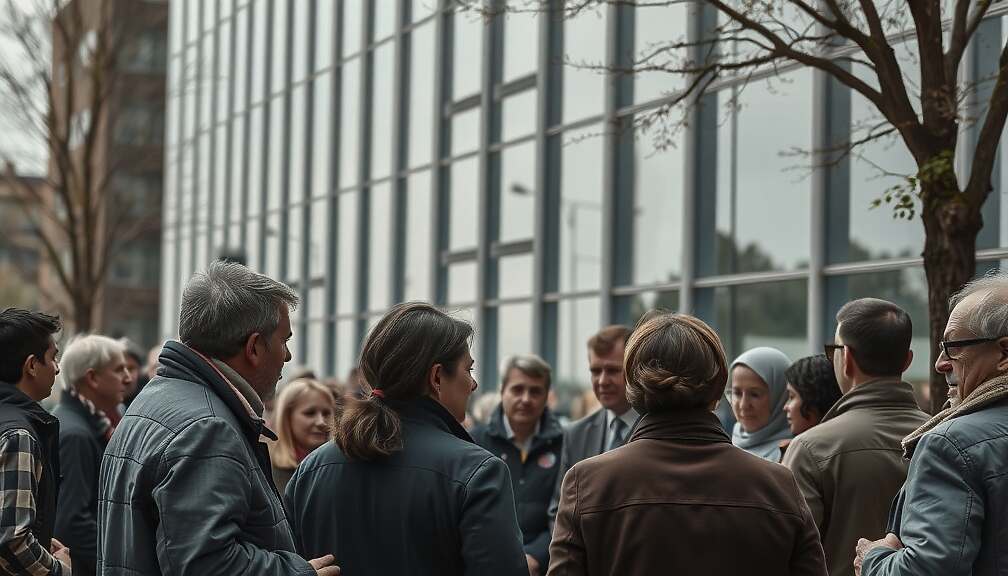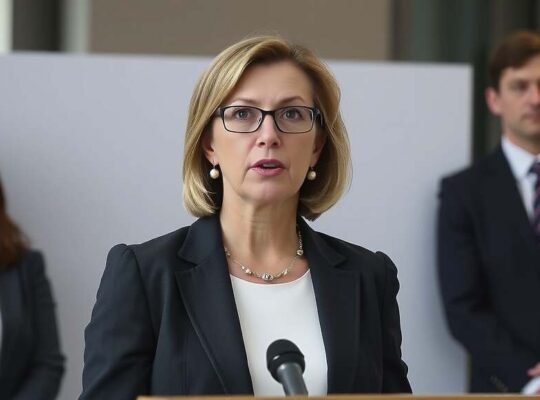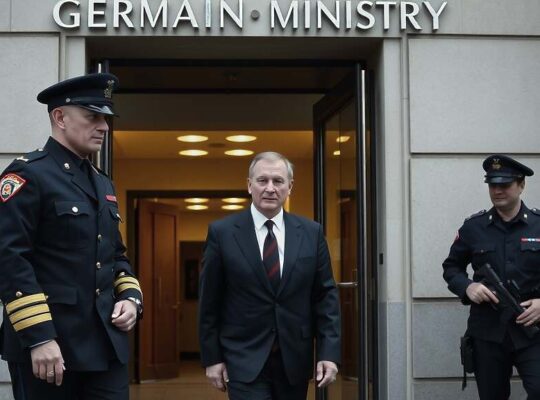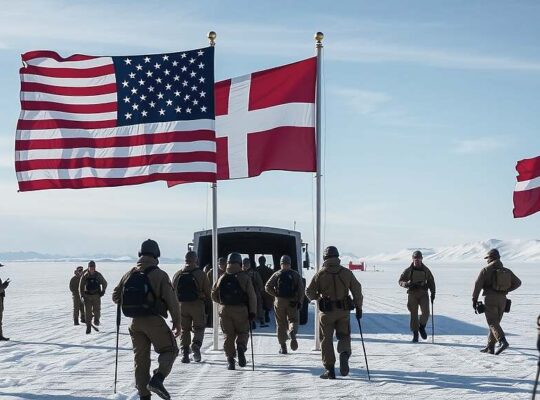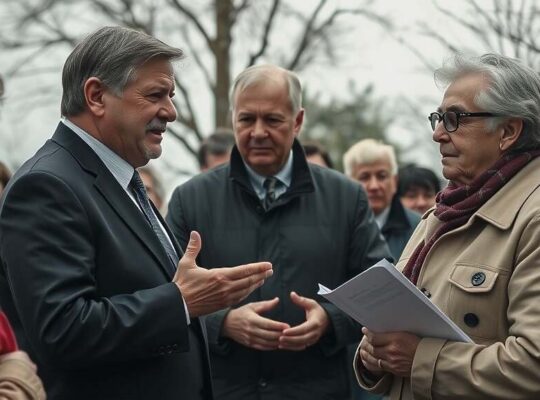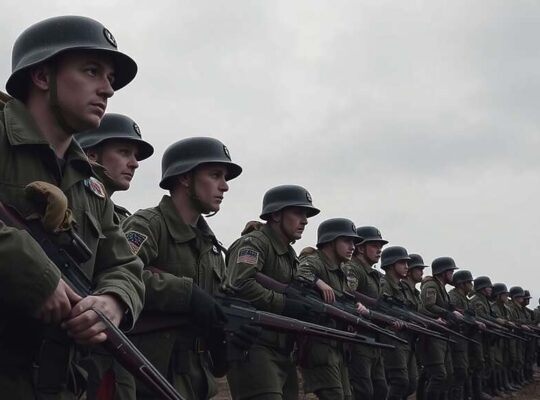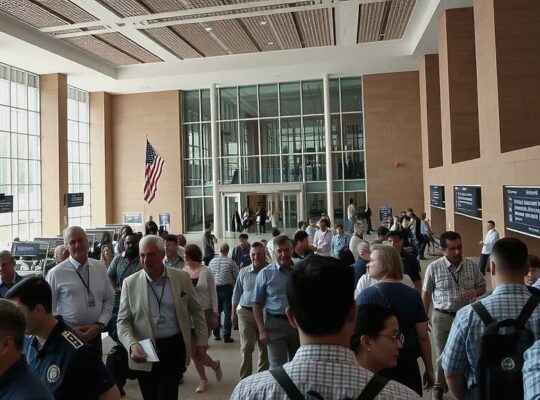The German Protestant Church (EKD) is pressing for a comprehensive re-evaluation of national security and social cohesion, arguing that any reforms to compulsory military service must be intrinsically linked to expanded opportunities for voluntary civic engagement. Addressing anxieties surrounding the ongoing restructuring of the armed forces, EKD Council Chair Kirsten Fehrs emphasized the concerns many young people harbor regarding its potential impact on their individual futures. However, she also highlighted a corresponding willingness amongst this demographic to contribute to society through avenues such as voluntary service, care work and disaster relief.
Fehrs, in an interview with the “Rheinische Post”, cautioned against legislation that fails to acknowledge these dual sentiments. A truly effective approach, she argues, must simultaneously address anxieties about military conscription while actively facilitating paths towards meaningful, voluntary contribution. The church’s position reflects a growing debate within Germany about the future of national service in a rapidly shifting geopolitical landscape.
While acknowledging the necessity to bolster the armed forces in response to evolving security challenges, the EKD insists on prioritizing voluntary participation wherever possible. Fehrs underscored the belief that genuine commitment, fostered through freely chosen involvement, yields a profoundly more positive and sustainable impact on community resilience compared to mandated service. This perspective challenges the traditional justification for compulsory military duty, suggesting it may be counterproductive to fostering a truly engaged citizenry.
Building on this argument, the EKD is reiterating its call for a “Right to Voluntary Service” – a legislative framework designed to recognize and accommodate the diverse capabilities and life circumstances of young people. This proposal aims to ensure that opportunities for voluntary engagement in areas like social care, environmental protection and emergency response are readily accessible and adequately supported, providing a compelling alternative and complement to traditional military service. The call reflects a broader societal push to redefine civic responsibility beyond the confines of mandatory participation and questions the existing reliance on compulsory service as the primary mechanism for national contribution.


